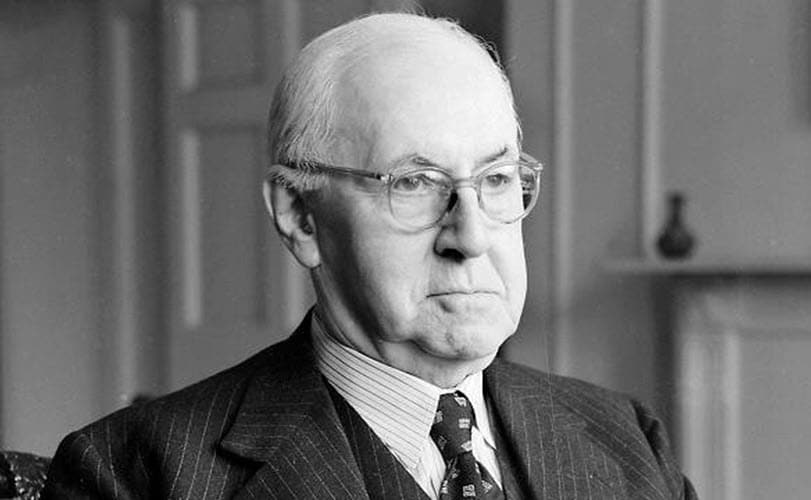Henry Hallett Dale (9 June 1875 – 23 July 1968) was an English pharmacologist and physiologist. In 1936, Henry Hallett Dale was awarded the Nobel Prize in Physiology or Medicine.
Life and Career
Henry Hallett Dale was born on 9 June 1875, in London, United Kingdom.
His fascination with science and medicine emerged early in life, leading him to pursue a career in physiology and pharmacology. Dale attended the University College London (UCL), where he laid the foundation for his future groundbreaking research.
Throughout his career, Henry Hallett Dale made significant contributions to the field of pharmacology. He is best known for his research on neurotransmitters, particularly acetylcholine. Dale’s pioneering experiments on the effects of acetylcholine on smooth muscles and heart rate laid the groundwork for our understanding of chemical transmission between nerves and the role of neurotransmitters in the nervous system.
His groundbreaking work on neurotransmitters not only revolutionized the field of pharmacology but also had far-reaching implications for medical research and the development of drugs that target the nervous system.
He also served as the Director of the National Institute for Medical Research (NIMR) and played a crucial role in advancing medical research in the United Kingdom. His mentorship and contributions to the scientific community inspired numerous researchers and students, who went on to make their own impactful contributions to medicine and pharmacology.
Henry Hallett Dale passed away on 23 July 1968, in Cambridge, United Kingdom.
Award and Legacy
In 1936, Henry Hallett Dale was awarded the Nobel Prize in Physiology or Medicine, jointly with Otto Loewi, for their discoveries relating to the chemical transmission of nerve impulses.
Dale’s work continues to be highly influential, shaping the field of pharmacology and neuroscience. His research on neurotransmitters remains fundamental to our understanding of the nervous system and has paved the way for the development of drugs that target specific neurotransmitter systems, benefiting countless patients worldwide.

